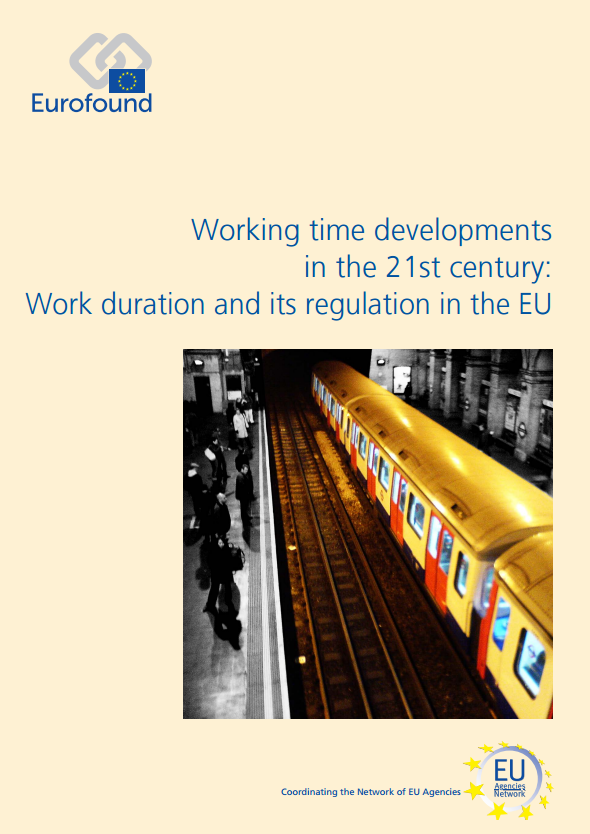
The report shows that, although there has been a general convergence in working time between the EU15 and newer Member States, working times continue to vary widely in Europe, with a number of different regimes in place to set working times. A clear split can be seen in this regard, with collective bargaining playing an important role in the older Member States, whereas in central and eastern Member States working time standards are more likely to be established through legislation.
The way working time is set has an impact on average working hours and the phenomenon of ‘working time drift’ - the difference between agreed hours and the usual working time. Negotiated regimes, where collective bargaining plays a stronger role, generally results in shorter working time and more compliance with the agreed working hours. Throughout Europe men continue to work more paid hours than women. This gap is most pronounced in newer Member States, although it has been narrowing in recent years.
Despite the profound impact of the financial crisis on the European labour market the agreed working time has remained stable between 1999 and 2014, with few dramatic changes in the average agreed working time in most Member States. One notable exception was in the area of public administration, where changes were introduced that resulted in increased working hours in Greece, Portugal and Spain. These measures were adopted in reaction to the developing economic crises in these countries.
Socio-demographic challenges, increased female participation in the labour force, and the continued adoption of new technologies in the workplace are some of the factors that have triggered discussions about working time flexibility. Some social partners have argued that these developments require a reduction in working hours to improve work-life balance and prevent health issues. However, new technologies and a fast changing economic environment have made working life more pervasive, with employers increasingly emphasising the need for working-time flexibility. Reconciling these two perspectives on working time poses an important challenge for the future.
- Download the report Working time developments in the 21st century: Work duration and its regulation in the EU http://bit.ly/WTDevelopments
- Read the blog piece of Jorge Cabrita, Eurofound Research Officer, on the important role of collective bargaining in establishing working time standards in Europe: http://bit.ly/WorkTimeBlog
For further information, contact:
- Måns Mårtensson, Media Manager, on email: mma@eurofound.europa.eu, telephone: +353-1-204 3124, or mobile: +353-876-593 507
- James Higgins, Promotions Officer, on email: jhi@eurofound.europa.eu, and telephone: +353-1-204 3157
- Jorge Cabrita, Research Officer, on email: jca@eurofound.europa.eu, and telephone: +353-1-204 3115